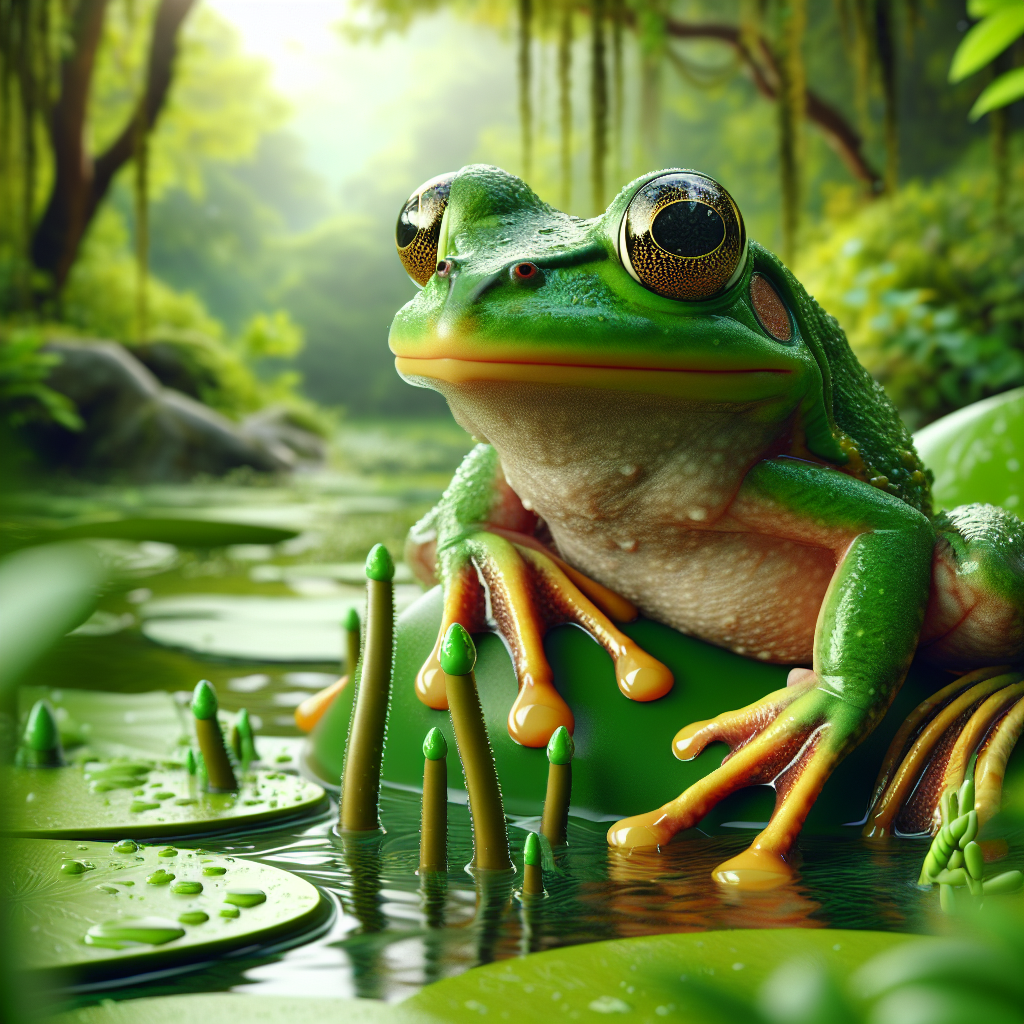Chile's 'Living Fossil' Frog Threatened by Climate Change
Chile's giant 'living fossil' frog, the Calyptocephallela gayi, faces threats from climate change and humans. Meanwhile, NASA astronauts' return from the ISS is delayed, and 27 new species, including an 'amphibious mouse,' have been discovered in Peru's Amazon according to Conservation International.

The Calyptocephallela gayi, a giant frog considered a 'living fossil,' is increasingly threatened by climate change and human activity in its native Chile. Known as the Helmeted Water Toad, this species is among the largest frogs, capable of reaching over 30 cm in length and weighing up to 1 kg.
NASA astronauts Suni Williams and Butch Wilmore are facing extended stays aboard the International Space Station due to delays. Originally scheduled for an eight-day mission starting in June, their stay has been stretched to over nine months, partly due to issues with the Boeing Starliner capsule.
In the realm of new discoveries, an 'amphibious mouse' was among 27 new species found by scientists during a 2022 expedition to Peru's Amazon. These findings, announced by Conservation International, also included unique species such as a spiny mouse, a squirrel, several fish, amphibians, and butterflies.
(With inputs from agencies.)










